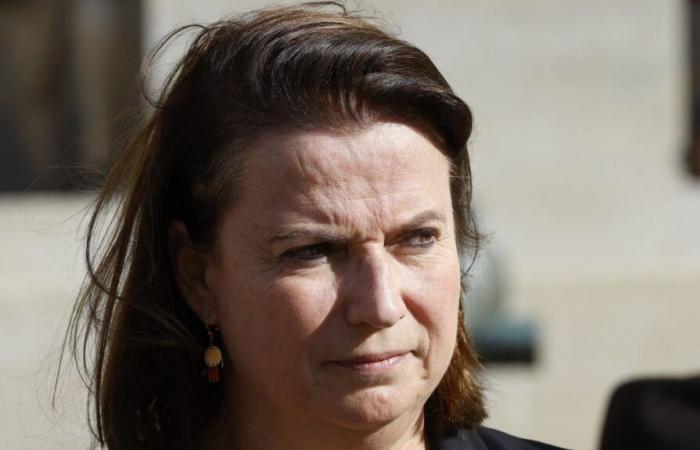
In her 2024 annual report, the Defender of Rights establishes, Wednesday November 20, Children's Rights Day, 20 recommendations to allow young people to protect themselves and have more political power in the face of the environmental crisis. The Defender of Rights therefore lists three areas to help young people protect themselves from the environmental crisis.
First of all, we must “protect the rights of children” : the right to life, to development, the right to health, the right to housing or even security… To guarantee these rights, Claire Hédon calls on public authorities to vote “a legally binding international treaty for the protection of the environment”. “The smallest children are still the most fragile”, recalls the report. “A quarter of the deaths of children under five are directly linked to pollution phenomena.”
It is also necessary, according to Claire Hédon, “take appropriate measures to meet the objectives of reducing greenhouse gas emissions and carbon neutrality” and also think about children when drafting public policies, in order to “take into account their particular vulnerability”.
Faced with an accelerating climate and environmental crisis, we must also “guarantee children’s access to vital resources and an environment that respects their health or well-being.” “Globally, more than 99% of them are exposed to a climate and environmental risk factor and almost one in two children in the world live in one of the 33 countries classified as very high climate risk”recalls Claire Hédon in her report. To further protect children, in addition to guaranteeing them “access to drinking water”, “healthy and sustainable food”, or “accelerate the renovation of school buildings”the Defender of Rights calls for “generalize, within hospitals, consultations dedicated to prenatal exposure to pesticides”.
The report also recommends “rethink public spaces for children to reduce their exposure to pollution” or even “to encourage revegetation” in schools and cities. Finally, the report recommends giving more political presence and power to young citizens. “Basically, we are like scientists who are not listened to enough!”notes Fabien, 16 years old, who is one of the 3,400 children consulted to establish this report. Half of them are children in vulnerable situations, i.e. “those most affected by environmental degradation”.
Claire Hédon suggests integrating children into “all existing consultation bodies relating to environmental rights”. Or to make “compulsory the establishment of youth councils in all local authorities”. The Defender of Rights also proposes to create “a children's college within the National Energy Transition Council”. Or even “to expand the composition of the Children's Parliament” in the National Assembly, made up of CM2 and 6th grade classes each year who are responsible for drafting legislative proposals.





